Political Behavior
The analysis of how individuals learn and act in political environments, from voters to officeholders.
- Home
- Departmental Directory
- Liberal Arts
- Department of Political Science
- Research
- Political Behavior
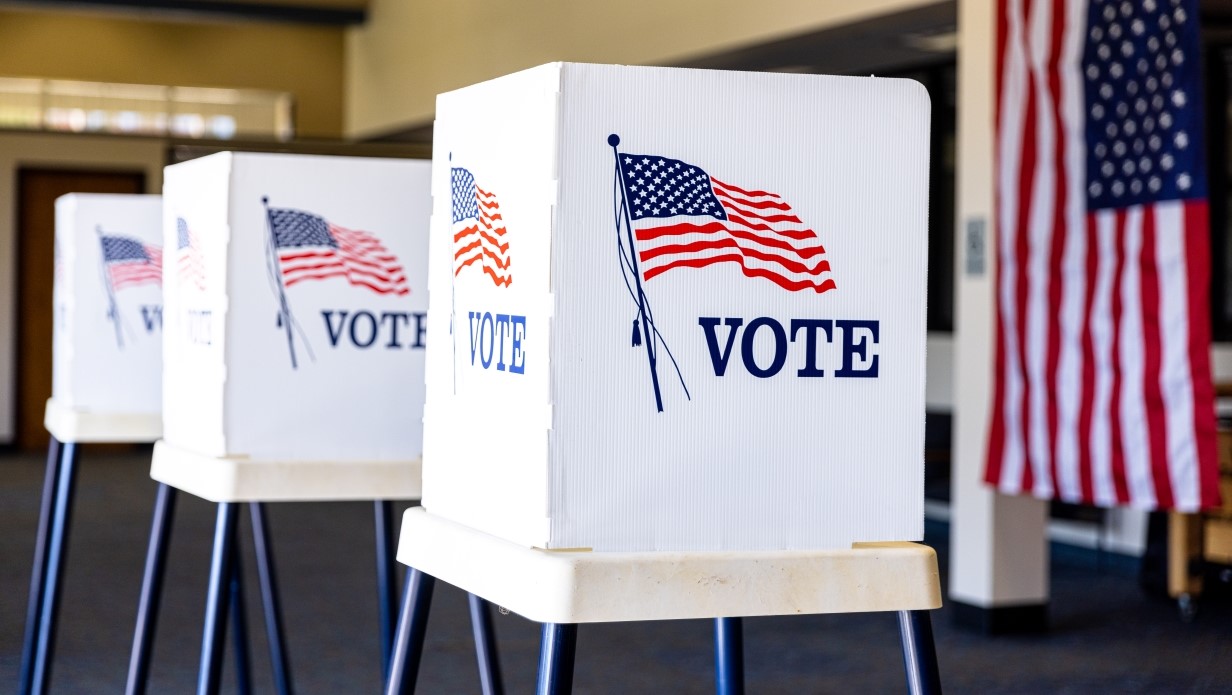
Distinguished Faculty Shaping Political Science Research
Faculty Members Who Specialize in Political Behavior Research | ||
|---|---|---|
| Faculty Member | Ph.D. Degree | Research Interests |
| Miles Armaly | Michigan State University | Courts & Judicial Behavior; Public Opinion; Political Psychology |
| Robert Brown | Indiana University | Party Politics; State Politics; Congress |
| John Bruce | Ohio State University | Voting Behavior; Public Opinion; Political Parties |
| Kesicia Dickinson | Michigan State University | Political Behavior; Political Representation; Race and Ethnic Politics; Black Politics; Gender and Politics; and Intersectionality. |
| Marvin King | University of North Texas | Campaigns & Elections; Congressional Behavior; Minority and Ethnic Politics; Party Politics; Voting Behavior; Political Participation |
| Jonathan Klingler | University of Rochester | Congress; Public Presidency; Political Psychology; Public Opinion; Methodology; Machine Learning and Text-as-Data; Veterans Politics |
| Greg Love | University of California-Davis | Latin American Politics; Democratic Transitions; Political Parties in New Democracies; Comparative Political Participation; Political Economy; Quantitative Methodology |
| Jonathan Winburn | Indiana University | Representation; Public Policy; Redistricting; State Politics; Elections |
| Julie Wronski | Stony Brook University | Public Opinion & Political Behavior; Political Psychology; Political Communication |
Meet the Faculty
Miles Armaly
- Associate Professor of Political Science
Robert Brown
- Professor of Political Science
John Bruce
- Chair and Associate Professor of Political Science
Kesicia Dickinson
- Assistant Professor of Political Science and African American Studies
Marvin King
- Associate Professor of Political Science & African American Studies
Jonathan Klingler
- Associate Professor of Political Science
Gregory Love
- Professor of Political Science
Jonathan Winburn
- Professor of Political Science and Director of Social Science Research Laboratory
Julie Wronski
- Associate Professor of Political Science
Research and Grants
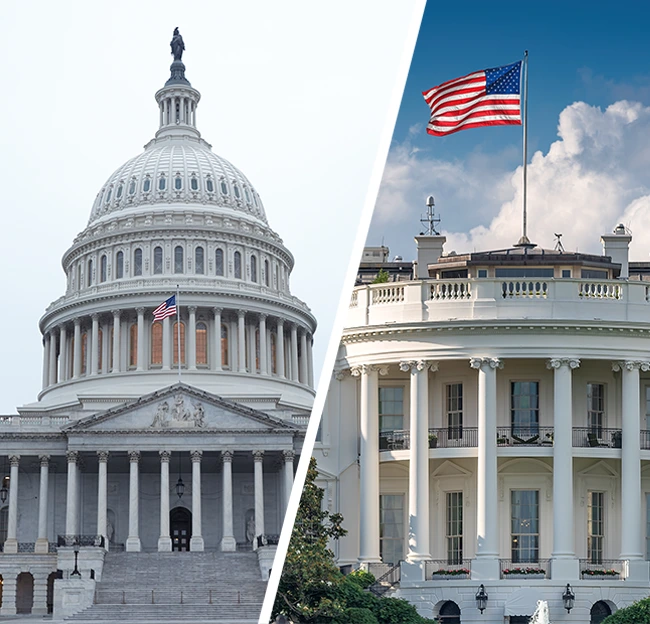
Rule Significance and Interbranch Competition
Dr. Jonathan Klingler and his co-author published an article in the American Political Science Review. Using a new model on nearly 40,000 bureaucratic rules since 1995, they find that the president and Congress influence rule promulgation in a nuanced way.
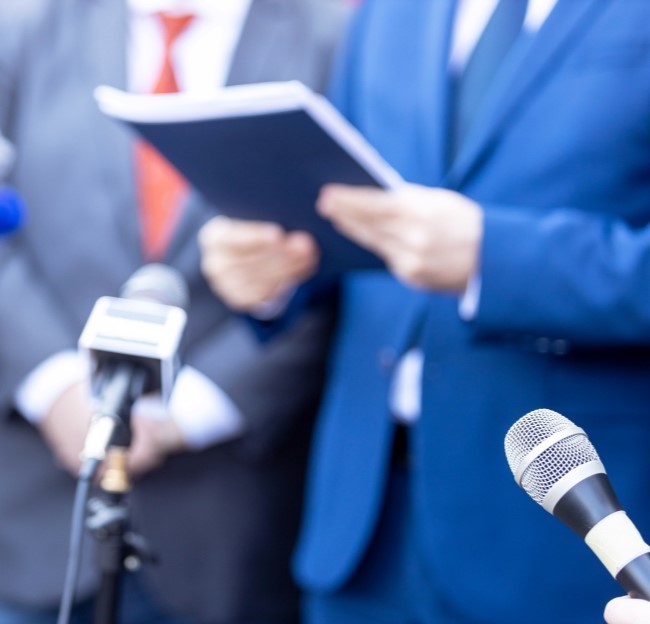
Leaders and Crisis
Dr. Greg Love, who works in the subfield of Comparative Politics, is part of a National Science Foundation grant to analyze how leaders communicate with the public during crises and how the public responds. Using machine learning approaches, they are trying to understand how elected leaders respond to crises, and how voters judge them for their responses, ultimately to provide clues to a nation’s political stability and the accountability of its leaders.
Study on the Politics of Military Veteran Identity
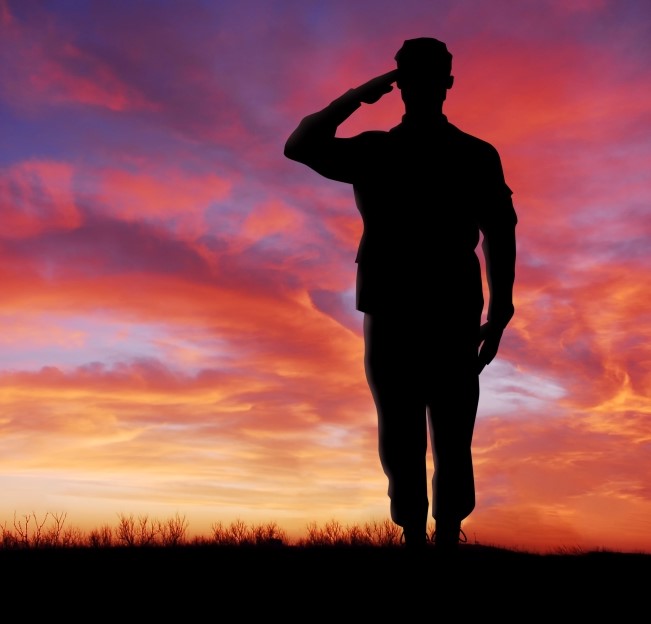
Dr. Travis Endicott, a naval veteran, earned his Ph.D. from the department. As a graduate student, he researched how the experience of military combat shapes political opinion. Blending the fields of military psychology and political behavior, he separated veterans by levels of combat experience to connect with their foreign policy attitudes and trust in government.
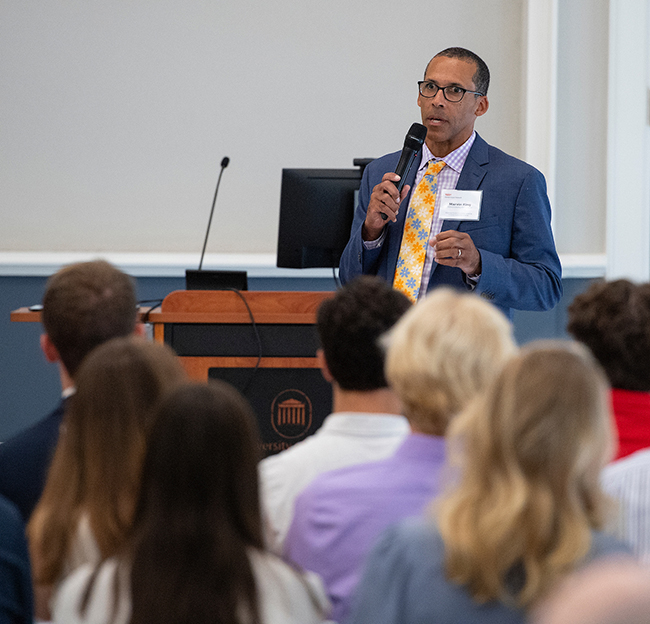
Resilient Economies
Dr. Marvin King led a series of state-wide meetings to provide professional development and networking for non-governmental organizations and other voluntary groups and institutions with a social mission. Supported by grants from the Skoll Foundation and Higher Purpose Co., these workshops championed the work of social innovators to build community wealth within Mississippi for people of color by supporting ownership of financial, cultural, and political power.
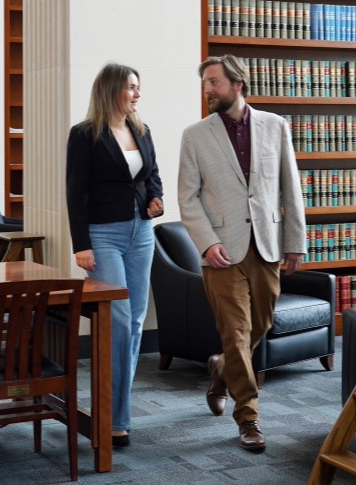
Undergraduate Research Opportunities
Ella Jordan, a recent graduate with a BA in political science, received a prestigious Stamps Impact Prize, a competitive award to enhance undergraduate student-initiated research projects. With the mentorship of Dr. Miles Armaly, she worked on a project titled: Breaking Barriers or Building Resistance? Female Undergraduates' Response to Body Politicization and Its Impact on Legal Attitudes.
Ella Jordan
BA in Political Science
Become a Political Scientist
UG
Understanding political actors and institutions, both domestic and international.
- Oxford
UG
Applying a more quantitative lens to the study of political institutions and actors.
- Oxford
GRAD
Deepen your research skills and prepare for a wide range of top careers.
- Oxford
